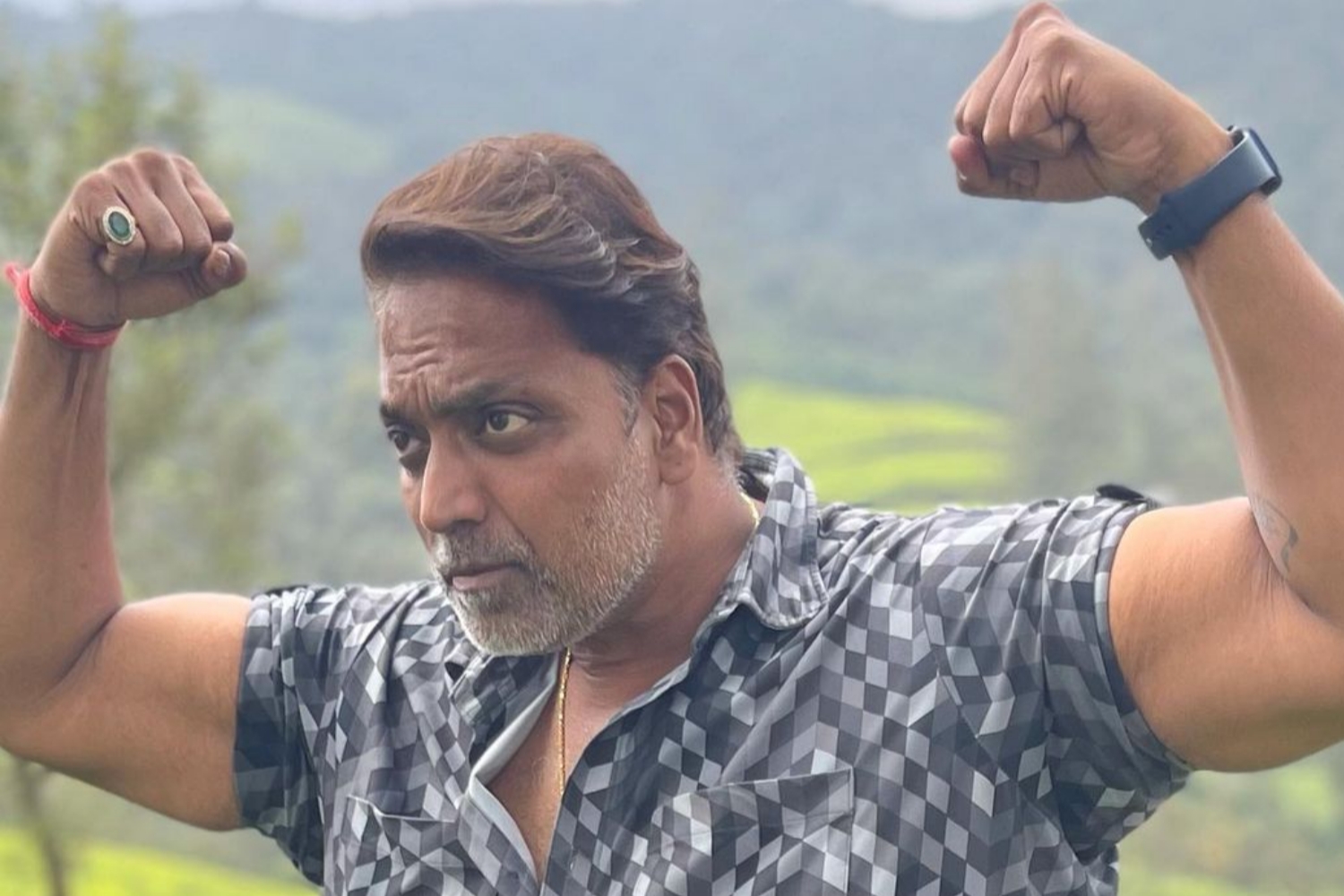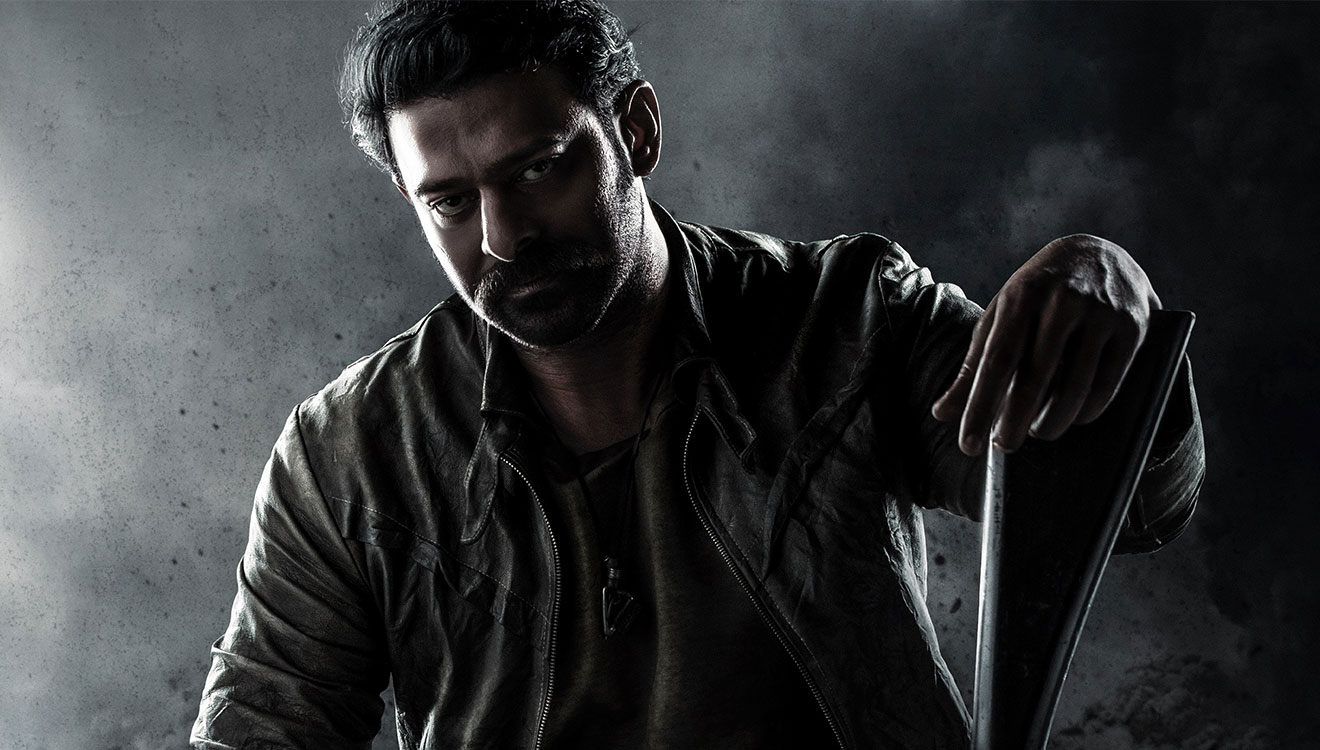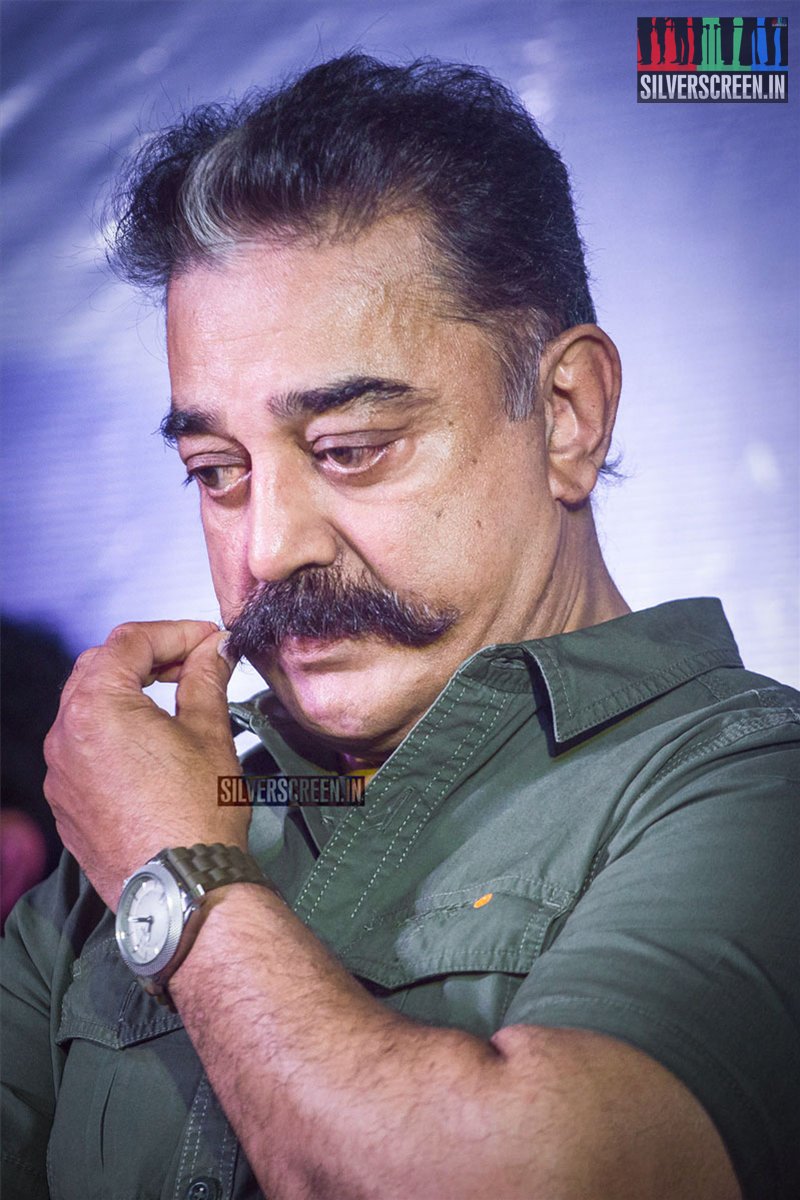Sri Lanka has restricted social media platforms amid increasing protests over the ongoing economic crisis, the BBC has reported. The step came after the island nation declared a state of emergency and 36-hour-long curfew to prevent masses from gathering in capital city Colombo.
WhatsApp users in the country received a message saying that they could not use the platform as it was “as directed by the Telecommunications Regulatory Commission”.
According to the Sri Lankan publication, Daily Mirror, the restriction was ordered by the comission in response to a request by the country’s defence ministry.
The blockage was confirmed by NetBlocks, a cybersecurity watchdog, which mentioned in its report that platforms including Facebook, Twitter, WhatsApp, Viber, Twitter, TikTok, Snapchat, Telegram, Facebook Messenger, and YouTube were restricted in Sri Lanka after midnight, on Sunday.
According to the real-time network data collected from over 100 vantage points across Sri Lanka, the measure covered all the major Sri Lankan network operators including Dialog, Sri Lanka Telecom, Mobitel, and Hutch.
However, the platforms can be accessed indirectly through the use of VPN services, which can work around government-imposed internet restrictions, NetBlocks noted in its report. It added that that the mobile app versions of some of the services remained accessible on certain devices due to the partial implementation of the ban.
The clamp down on social media comes in the wake of civil unrest in Sri Lanka, marked by the economic slump that led to the citizens seeking resignation of President Gotabaya Rajapaksa. An attack on Rajapaksa’s residence, last week, culminated in the deployment of the military that is now vested with the power to arrest suspects without warrants.
Recommended
Social media platforms were being used to circulate information about protests being staged in different parts of the country, that saw its foreign reserves hit rock bottom, in 2021. The situation exacerbated after the government’s lack of buying power led to inflation and a shortage of petrol, diesel, cooking gas, kerosene, and milk powder, among others.
Not only were the examinations cancelled for millions of Sri Lankan students, due to a shortage in the supply of paper, but the authorities have also imposed 13-hour long daily power cuts to cut down on fuel usage.
The amalgamation of rising debt over the years, and the COVID-induced slump in tourism – one of the major contributors to the country’s economy – is said to have led to the current economic crisis.
Sri Lanka is currently seeking aid from the International Monetary Fund (IMF), and neighbouring countries like India and China, to meet its daily needs.



